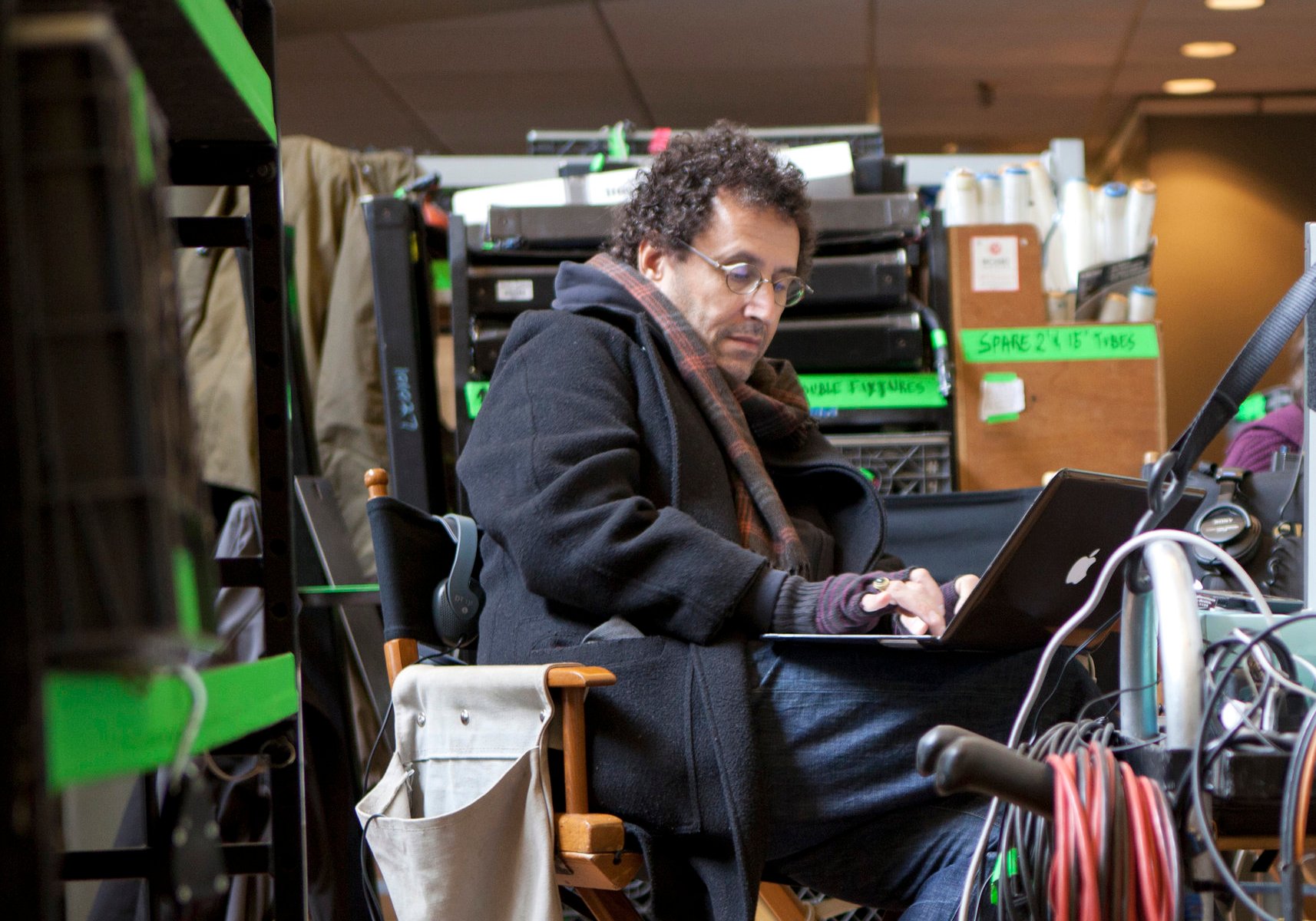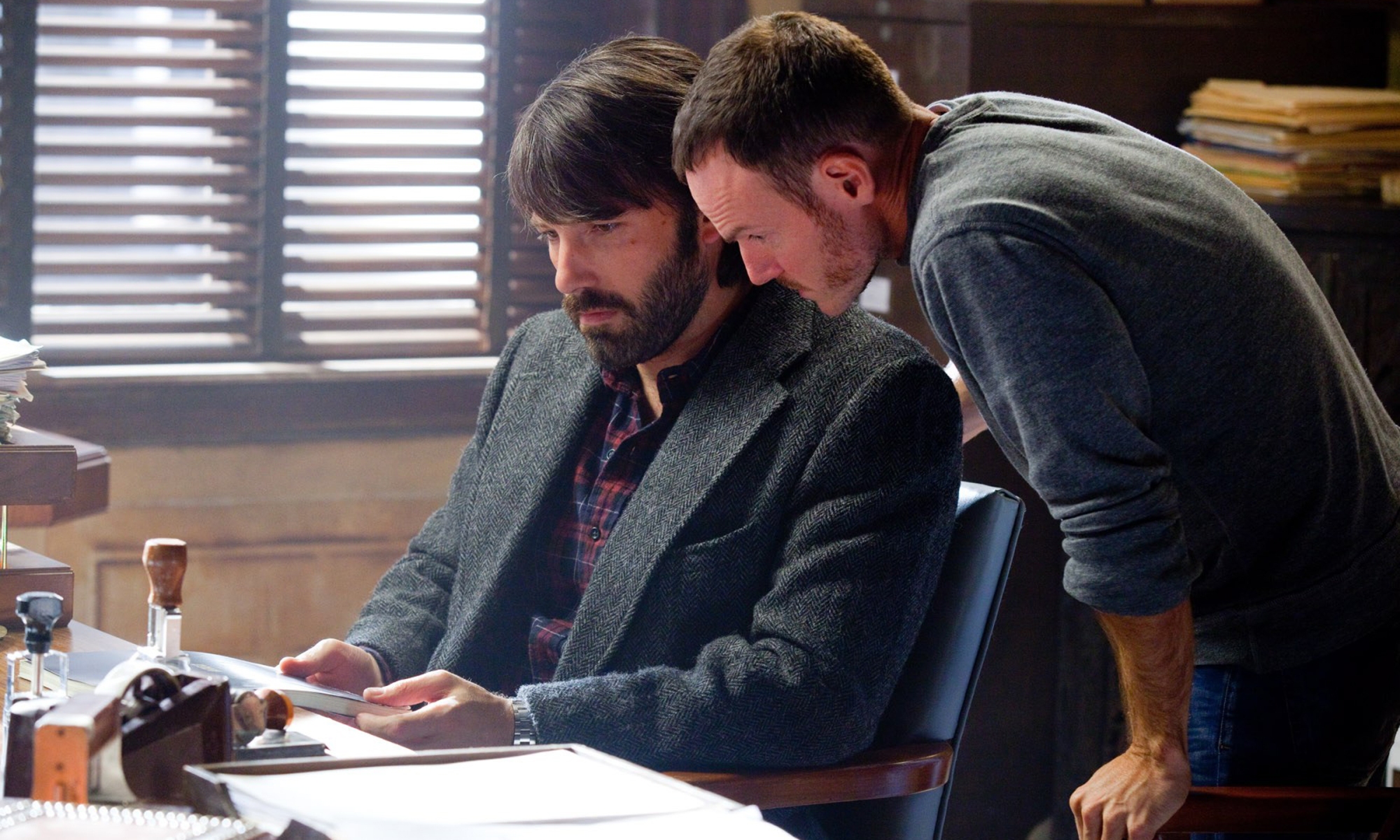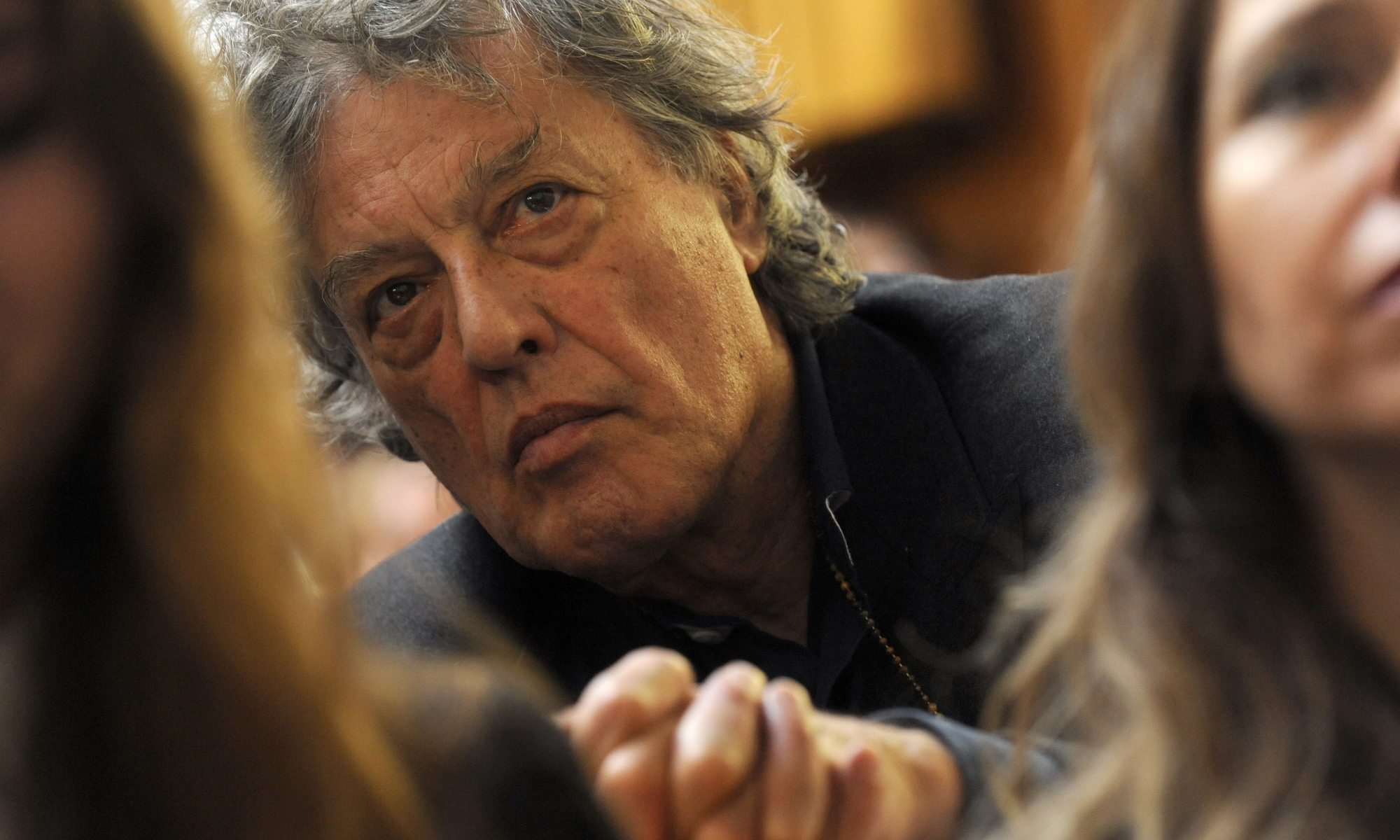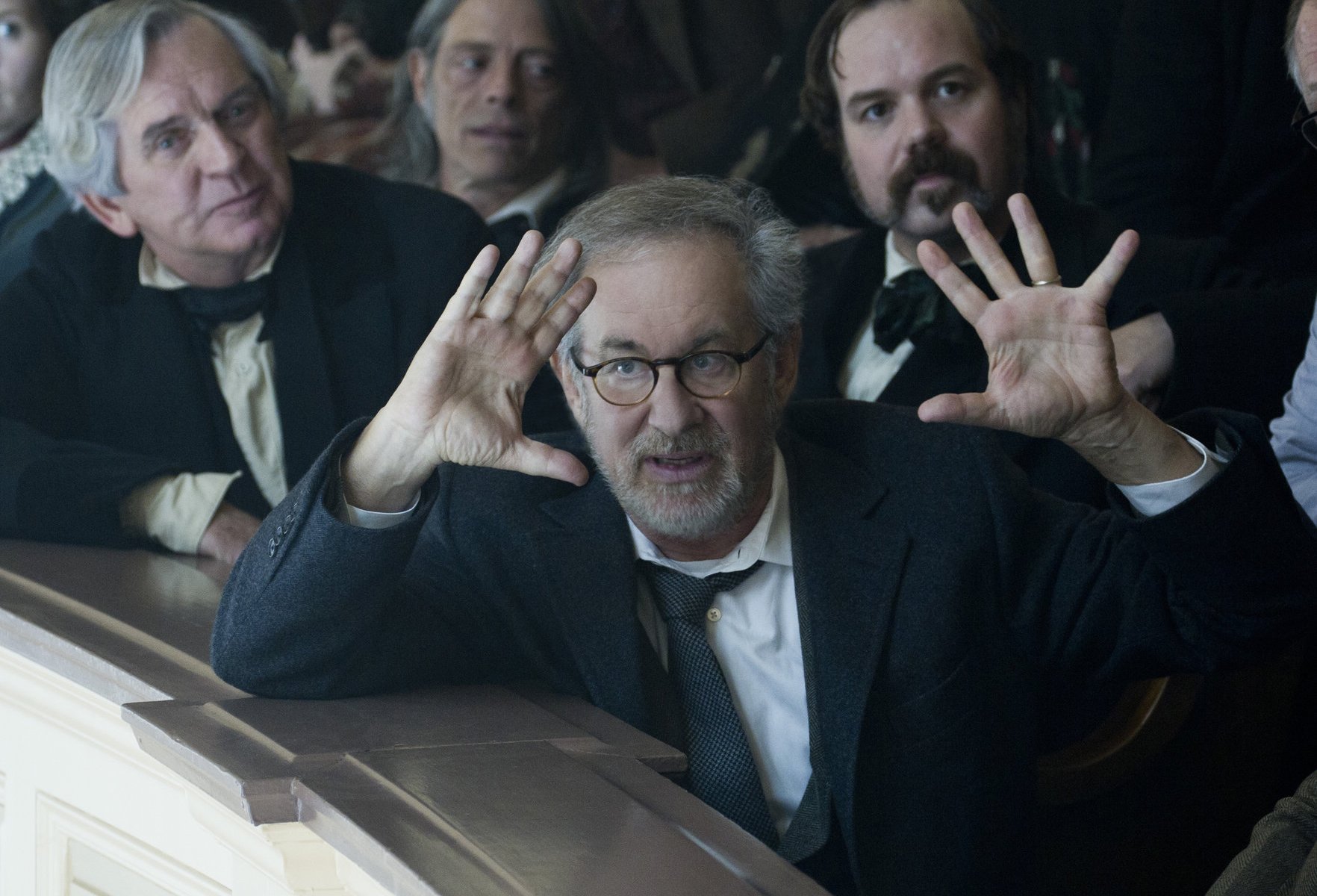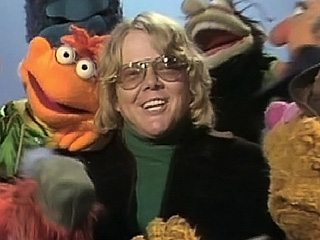Pete Hammond is Deadline’s awards columnist. This article appeared in the Dec. 19 issue of AwardsLine.
Hugh Jackman has carved out an image as a major movie star who can easily switch gears from action to drama to comedy and all things in between. But until now the man who made Wolverine a household name has never done a movie musical. That’s a bit surprising since Jackman also happens to be a classically trained musical star outside of movies. He’s starred in stage classics like Oklahoma!, won a Tony on Broadway as Peter Allen in The Boy From Oz, an Emmy for hosting the Tonys, and worldwide recognition for his singing and dancing as host of the Oscars. He recently did a one-man musical show on Broadway, and that’s one of the reasons he says he is even in Les Misérables and making his long-overdue debut as star of a musical on the big screen.
AWARDSLINE: Would you consider this to be one of the toughest screen roles you’ve done?
JACKMAN: For sure. There is not an element that really wasn’t the toughest. One of the reasons I did the Broadway show was to make sure I was vocally fit to not only sing it, but sing it all day long, wake up the next day, and have another 12 hours of it. I put on 29 pounds from beginning to end. Tom (Hooper) told me, “I want people to worry, I want your friends to think you’re sick.” The physicality, the emotional (aspect) acting-wise, was tough.
AWARDSLINE: You rarely see musicals of this size anymore.
JACKMAN: That’s true. It’s a big risk. I’m not surprised it’s taken 27 years to get there.
AWARDSLINE:Despite the fact that the actors in the film are very well-known and talented, I understand everybody auditioned for it.
JACKMAN: Everybody, and by the way, when I auditioned Tom wasn’t signed to the movie, but there looked like there was going to be a clash between The Wolverine and this. I rang up Tom and told him I really wanted to do this part. He said I’d be a perfect shot, but (that) he wasn’t even signed on to it but was thinking about it. I asked him if I could audition for him anyway, in case he would sign on to the film. I sang him three songs, and he just sat there for a few minutes and gave me feedback. I could see the director in him. Three hours passed, and I had to put my hand up and tell him, “Tom, I have to put my kids to sleep.” So I auditioned very early on, and everyone auditioned. 99% of what is shot is live, just the beginning with the water (was not) because you couldn’t put microphones in that much water.
AWARDSLINE:I can’t remember another movie musical that did it on this scale—is it helpful to you as an actor to be able to do that?
JACKMAN: Especially for Les Mis. It’s so emotional, and as an actor you have some freedom to go with how you are feeling at the time—to have that restrained by a performance you did three months ago would have been hell. I think it made a huge impact. If Simon Hayes doesn’t win an Oscar for the sound design, I don’t know who will. What he pulled off is phenomenal. It feels like thought; it doesn’t feel like song.
AWARDSLINE:There is one new song in the film that you sing called “Suddenly.” How did they decide to that?
JACKMAN: That was Tom’s idea. Victor Hugo writes about two lightning bolts of realization: First is the virtue and the second is the lightning bolt of love. Tom was like, “This is one of the greatest moments I have ever seen on film, and we don’t have a song for it. This is ridiculous.” They (songwriters Alain Boublil and Claude-Michel Schönberg) knew my abilities with my voice, and they wrote the song for me. It was a pinch-yourself moment.
AWARDSLINE: Les Mis has been so phenomenally successful for the last three decades—what is it about this show and movie that connects with audiences?
JACKMAN: It’s a really spiritual book, in a nonreligious way: “To love another person is to see the face of God.” We can live tough lives, but the human spirit is stronger, seemingly, than anything. There is redemption, hope, and love. This book brings this out. All different forms of heartbreak, but beyond all that there is hope, there is love. There is beauty and bliss. Even though the title doesn’t make it sound like a romantic comedy, in the end it is. There is something for everybody in it.
AWARDSLINE: When you watch yourself for the first time, are you nervous going in?
JACKMAN: I’m more nervous than I have ever been in my life. It’s tough to watch a movie (you’re in)—you put everything into it, you want everything to work, and you never know until you see it all together. In a musical, those feelings are tripled because you have a lot of elements that have to come together. Watching myself on screen for the first time is a little bit difficult, but watching myself sing on the screen is double the anxiety. In the end, I rationalize it because the nerves are the care and passion I had for the project. It becomes a bit like a baby. I would love to do more movie musicals. Maybe next time I’ll do a little more dancing.



